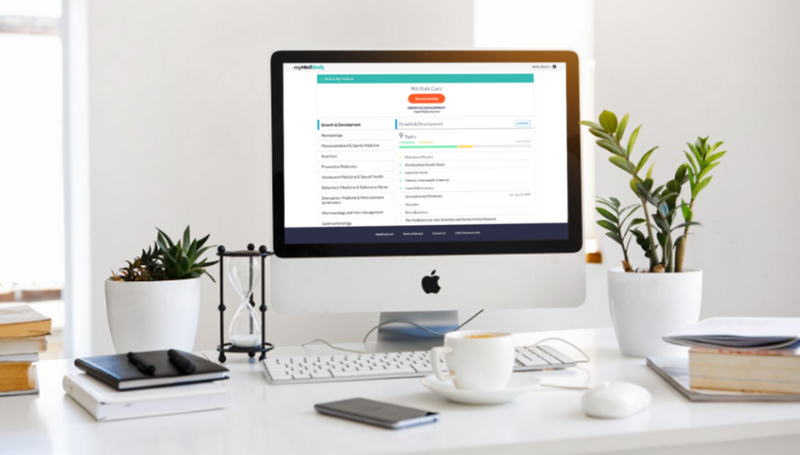
At this point, you've taken quite a few high-stakes exams, so you probably have your study routine down pat! Right?
Well, if you're one of those studiers who only focuses on memorization, only reads, or uses only one format, you might not be remembering the material as well as you could! Are you guilty of committing one of these common board prep mistakes?
1. Don’t rely solely on memorization
Don't get us wrong, memorization is important and has a time and a place. But, understanding the content you're studying is the essential first step to success on your boards and in practice. If you don’t truly understand what you are trying to memorize, repetition won’t help you retain the knowledge.
Understanding comes only after engaging with the material and asking a lot of questions. This means you must have at least one comprehensive, board-focused reference that you can delve into. Understand the material first, then you can work on memorization and self-testing.
2. Never prepare for an exam by only reading
What do you do after your comprehensive review? The next step is being able to easily retrieve information from your memory. As you know, this is crucial for both your exam and in your practice.
Imagine this: you're in your exam and you get stuck on a question! You know you reviewed this information, but you can't seem to remember the answer. You don't want to spend too much time on this one question, since you know your exam is being timed. That's the worst feeling!
Have you been in this situation? If this has happened to you before, it's because your knowledge about this topic is buried where you can't access it quickly. It is not established firmly enough in your long-term memory to be of any practical use. Retrieval practice—or self-testing—is the only way to solidify access to knowledge.
Using a Qbank is an excellent way to do retrieval practice because it puts your mind through the process of eliminating wrong answers and narrowing the field down to the single best answer—exactly the procedure you use to correctly answer questions on exam day!
3. Stop studying with a single format
Your understanding of different topics is further enhanced when you stimulate your interest by combining study tools in various formats. Watching a speaker present a lecture complements a written syllabus. Q&As become easier when you also practice with flashcards that break knowledge down into smaller pieces.
Using a variety of formats increases memory cues. That's why we recommend throwing different formats into your study routine. Learning tools such as audio, flashcards, or video—help you make use of time that might otherwise be wasted, whether it’s spent on your commute, while doing household chores, or sitting in a waiting room.
No matter which board review resources you choose, be sure they help you solidify understanding and recall. Think you might be guilty of doing one of the study mistakes we mentioned here? Read more about common learning myths that we've debunked!



